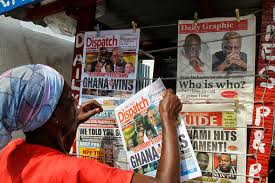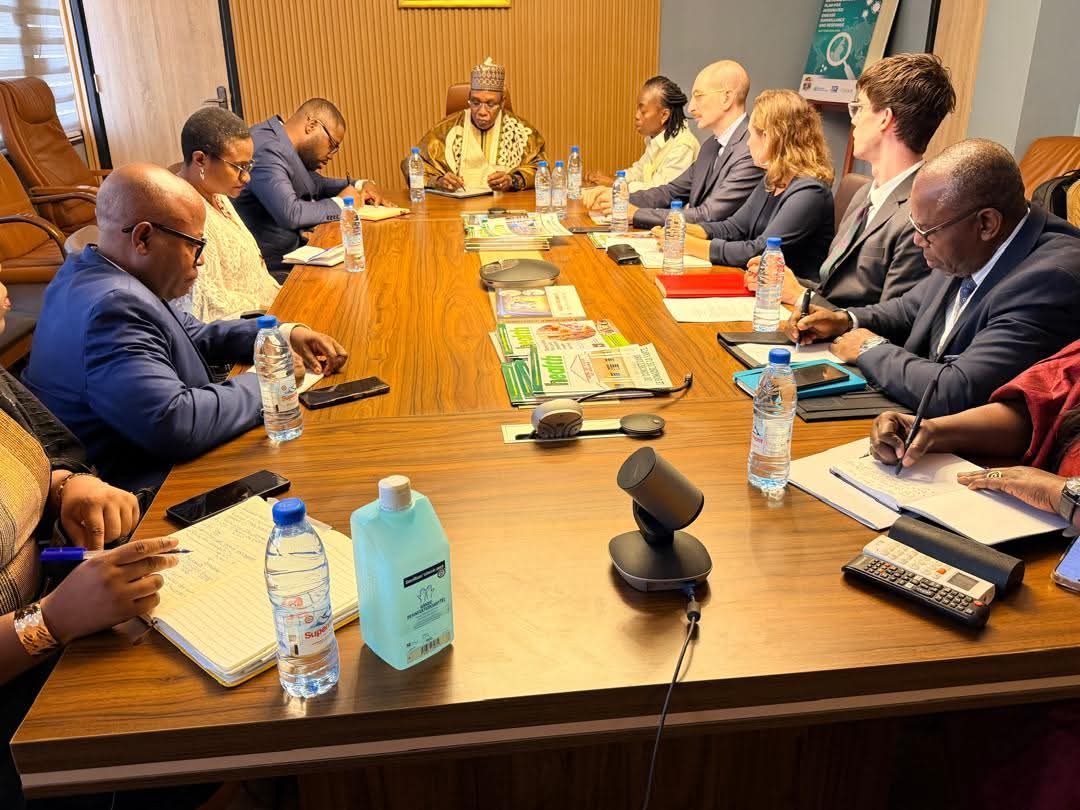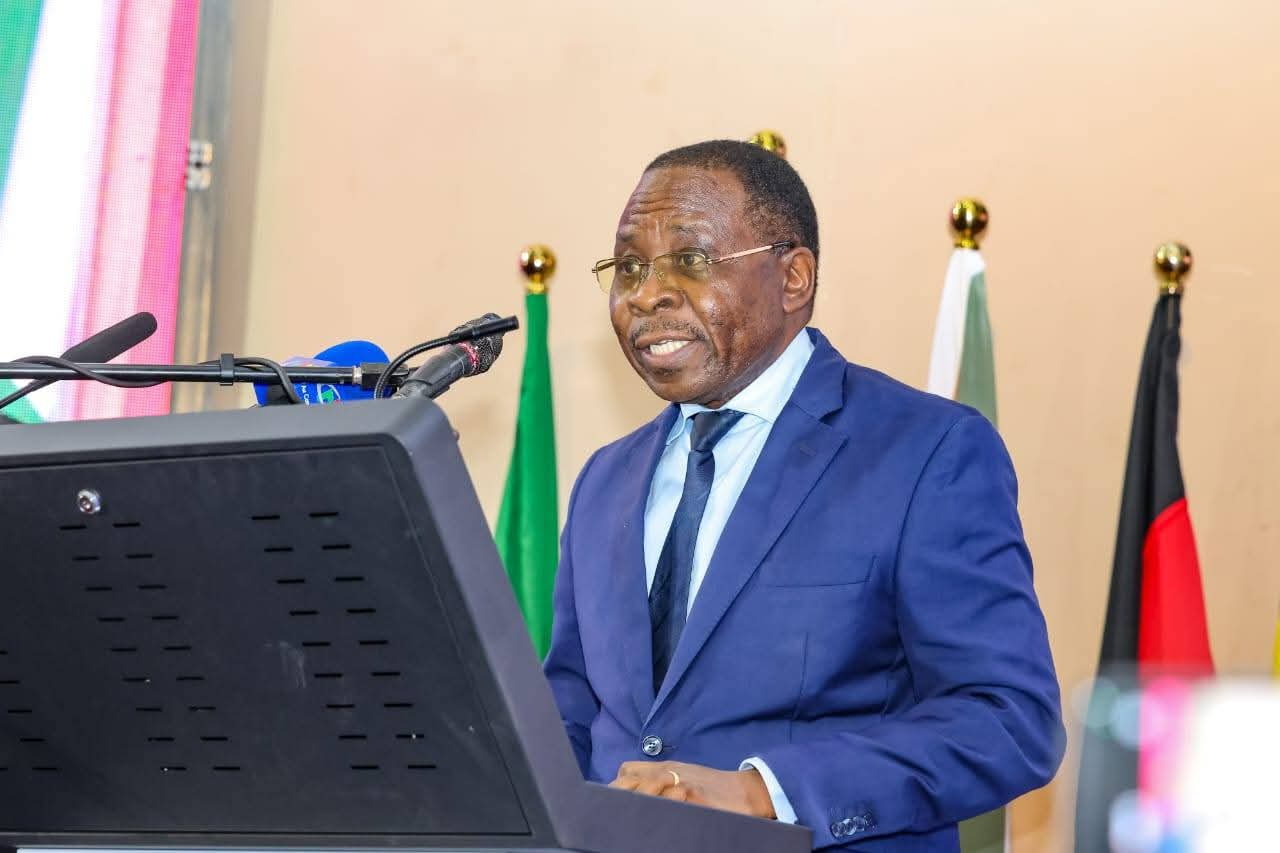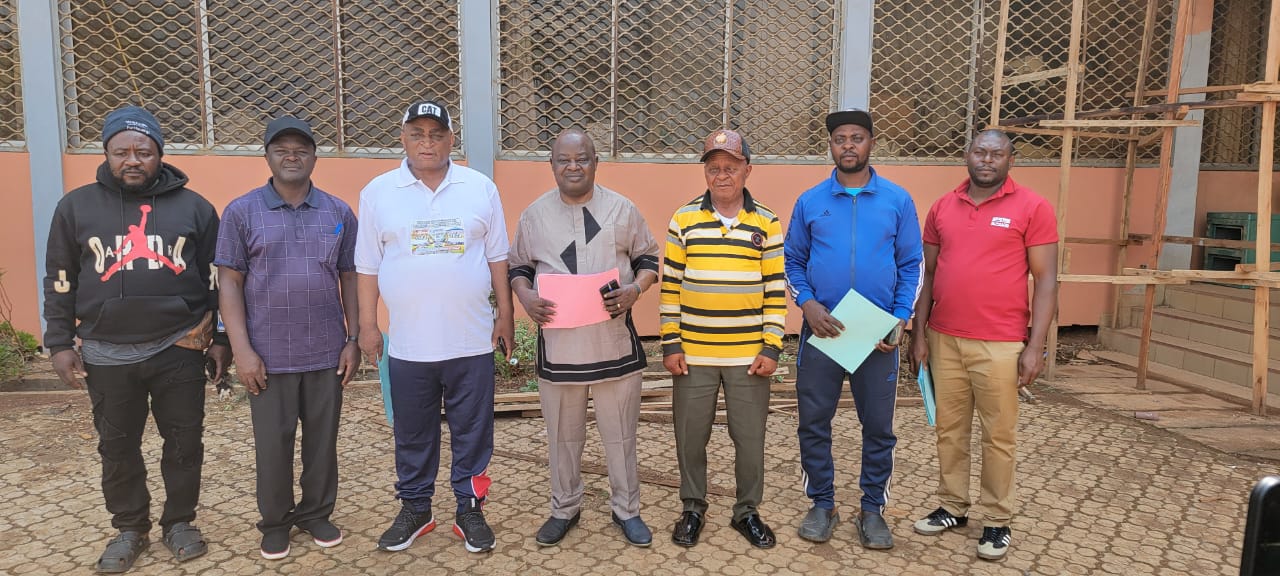Ghana’s plan to request debt relief through the G20 Common Framework programme and has sought reassurances that the negotiations can be expedited before proceeding, according to Reuters’ sources is one of the trending stories in the Ghanaian press on Thursday.The Graphic reports that Ghana is poised to request debt relief through the G20 Common Framework programme and has sought reassurances that the negotiations can be expedited before proceeding, Reuters sources has said.
It said Ghana, which secured a $3 billion staff-level agreement with the International Monetary Fund (IMF) in mid-December, has been hesitating due to the long delays faced by other countries using the process, one source familiar with the government’s thinking said.
The West African country must restructure its debt to get the final approval to access the IMF funds. In December, Ghana launched a domestic debt exchange and later said it would default on nearly all of its $28.4 billion of external debts.
The source said Ghana had reached out to the Paris Club of creditor countries in December to ask for assurances that the Common Framework process, set up by the Group of 20 leading economies in 2020 in response to COVID-19, could be expedited.
If it received such assurances, the government would quickly sign up to the Common Framework, the source said, speaking on condition of anonymity.
A Paris Club official told Reuters that the group had received a letter from Ghana’s government, but declined to give further detail.
Another source with knowledge of Ghana’s debt restructuring said it was hard to see any other outcome for Ghana than signing up to the Common Framework as they had no other options left.
A third source, who is familiar with the thinking of the IMF, said Ghana going through the Common Framework programme was under discussion and the most probable outcome, as well as the preferred option for the Paris Club.
The Common Framework, designed to allow for speedy debt reworks, has been widely criticised for its glacial progress. Chad, Ethiopia and Zambia signed up in early 2021. While Chad secured a deal with creditors in November, Zambia is still locked in talks. Ethiopia’s progress was held up by civil war.
Ghana’s finance ministry did not respond to a request for comment.
The newspaper says that the Head of Fintech and Innovation at Bank of Ghana, Kwame Oppong, has said the central bank has implemented a regulatory reform to enable innovation in the financial services industry without compromising financial stability.
He said, for instance, that the BoG in 2020, established a Fintech Innovation Office, one of the few of such outfits among central banks globally, to regulate, supervise and nurture Fintech in line with its commitment to innovation.
“So far, a total of 47 payment service providers and mobile money operators have been given approval – both Ghanaian and foreign across various license categories to provide payment services,” he said.
Mr Oppong made the call when leading Fintechs, investors and digital finance stakeholders converged on Accra to connect and build network at the Africa Money and Decentralised Finance (DeFi) Summit.
The two-day summit organised by the Africa Tech Summit; a leading tech event series, shared insights on payments, crypto, DeFi, mobile money and investing and connected corporates, investors, start-ups, regulators, media and industry stakeholders.
It featured over 400 delegates, more than 150 companies, and over 75 speakers covering topics through panel session, keynotes and fireside chats, plus multiple networking events, masterclass sessions and an exhibition showcasing top products and innovations.
Mr Oppong said the central bank had an open door policy where it engaged with industry stakeholders, prospective service providers and innovators towards the promotion of a safe, sustainable and inclusive innovation.
Mr Oppong added that the BoG had also invested resources to study and monitor the development in virtual assets and similar products, including Decentralised Finance Applications and non- tangible tokens.
The summit showcased industry leaders including Polygon, Celo, Paystack, Visa, Workpay, among others.
The Ghanaian Times reports that a study conducted by the government has revealed that the level of access to financial services and products among the adult population (15 years and above) formally served by banks and non-bank financial institutions, has jumped to 95 per cent influenced by mobile money.
This has surpassed the 85 per cent set by the government as part of the five-year National Financial Inclusion and Development Strategy (NFIDS) for the period 2017-2023, meant to increase the availability of a broad range of affordable and quality services that meet the needs of all Ghanaians.
The strategy seeks to increase financial inclusion from 58 per cent of country’s adult population to 85 per cent by 2023.
The Demand Side Survey (DSS) commissioned by the Ministry of Finance in 2021 and funded by the World Bank, meant to measure the levels of financial inclusion among adult population indicated that mobile money “had become the game changer in deepening inclusion and reducing financial exclusion.”
The survey is to help collate information for the formulation of public and private sector interventions that will increase and deepen financial inclusion.
The Deputy Minister of Finance, Dr John Kumah, who launched the report said only 0.6 per cent of adults rely exclusively on banking services, a decrease of 15.2 per cent in 2020, adding that one per cent of adult population relied on informal mechanisms up from 15.3 per in 2010 due to the impact of mobile money.
He said the DSS was the second survey to be conducted since 2010.
Dr Kumah said financial inclusion was a priority to government since it was crucial for poverty reduction and development of the country.
He said the survey was conducted across the 16 regions of the country.
The deputy minister indicated that the survey would go a long way to inform policy on financial inclusion and urged the regulators and players in banking and non-banking financial institutions to develop regulations, products and services to promote financial inclusion.
The newspaper says that the Ghana National Fire Service (GNFS) has indicated that a total of 624 fires were recorded in December, 2022, nationwide, as against 567 fires in December, the previous year.
The statistics represent an increase of 10. 1 per cent in fires outbreaks recorded in December 2022 as against the same period last year.
The Director of Public Relations of the GNFS, Assistant Chief Fire Officer, Timothy Osafo Affum, in a press statement issued and copied to the Ghanaian Times in Accra, said 210 and 531 out of the arrival cases were recorded respectively for December, 2022 and December 2021, representing an increase of 37.3 per cent.
It said in the month of November, 2022, 375 fires were recorded, and 226 fires between December 25 and 31, 2022, indicating steep rise of fires from November 2022 to December, 2022.
“Fortunately, there were no causalities in all these fires. However, 12 road traffic collision incidents resulted in 34 injuries and two deaths in the last seven days of December, 2022,” the statement said.
It said out of the total fires of 226 recorded for the last week in December 2022, 91 were domestic, 54 bush, 33 commercials, 24 vehicular,15 electronic installation, six crown reuse dump fires and three institutional fires.
The statement said there was a total of 55 out of the arrival cases, and that Ashanti region recorded the highest of 36, followed by Accra Region with 34 fires and Tema region with 33 fires and North-East Region recorded the least of three fires.
It said the increase in fire outbreaks in the last seven days of December last year could be attributed to the carless use of electricity and electrical appliances, indiscriminate burning of rubbish, unattended cooking, fires emanating from gas leakage, misuse of naked lights such as lit candle and mosquito coils, improper storage of ware with limited ventilation and poorly maintained vehicles.
The statement assured the public that the GNFS would continue to take steps to prevent fires.




